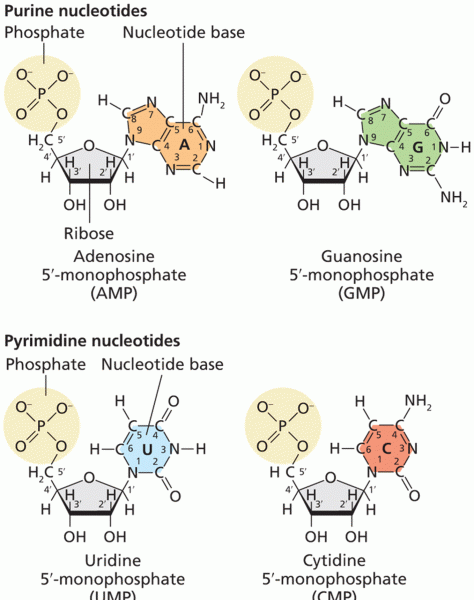This topic contains a solution. Click here to go to the answer
|
|
|
Did you know?
As of mid-2016, 18.2 million people were receiving advanced retroviral therapy (ART) worldwide. This represents between 43–50% of the 34–39.8 million people living with HIV.
Did you know?
Cyanide works by making the human body unable to use oxygen.
Did you know?
Most women experience menopause in their 50s. However, in 1994, an Italian woman gave birth to a baby boy when she was 61 years old.
Did you know?
Pope Sylvester II tried to introduce Arabic numbers into Europe between the years 999 and 1003, but their use did not catch on for a few more centuries, and Roman numerals continued to be the primary number system.
Did you know?
Sperm cells are so tiny that 400 to 500 million (400,000,000–500,000,000) of them fit onto 1 tsp.
 Two general models for the interconversion of inactive and active forms of a protein during cooperat
Two general models for the interconversion of inactive and active forms of a protein during cooperat
 Compression ratio is the ratio of the total cylinder volume (when the piston is at the bottom of ...
Compression ratio is the ratio of the total cylinder volume (when the piston is at the bottom of ...





